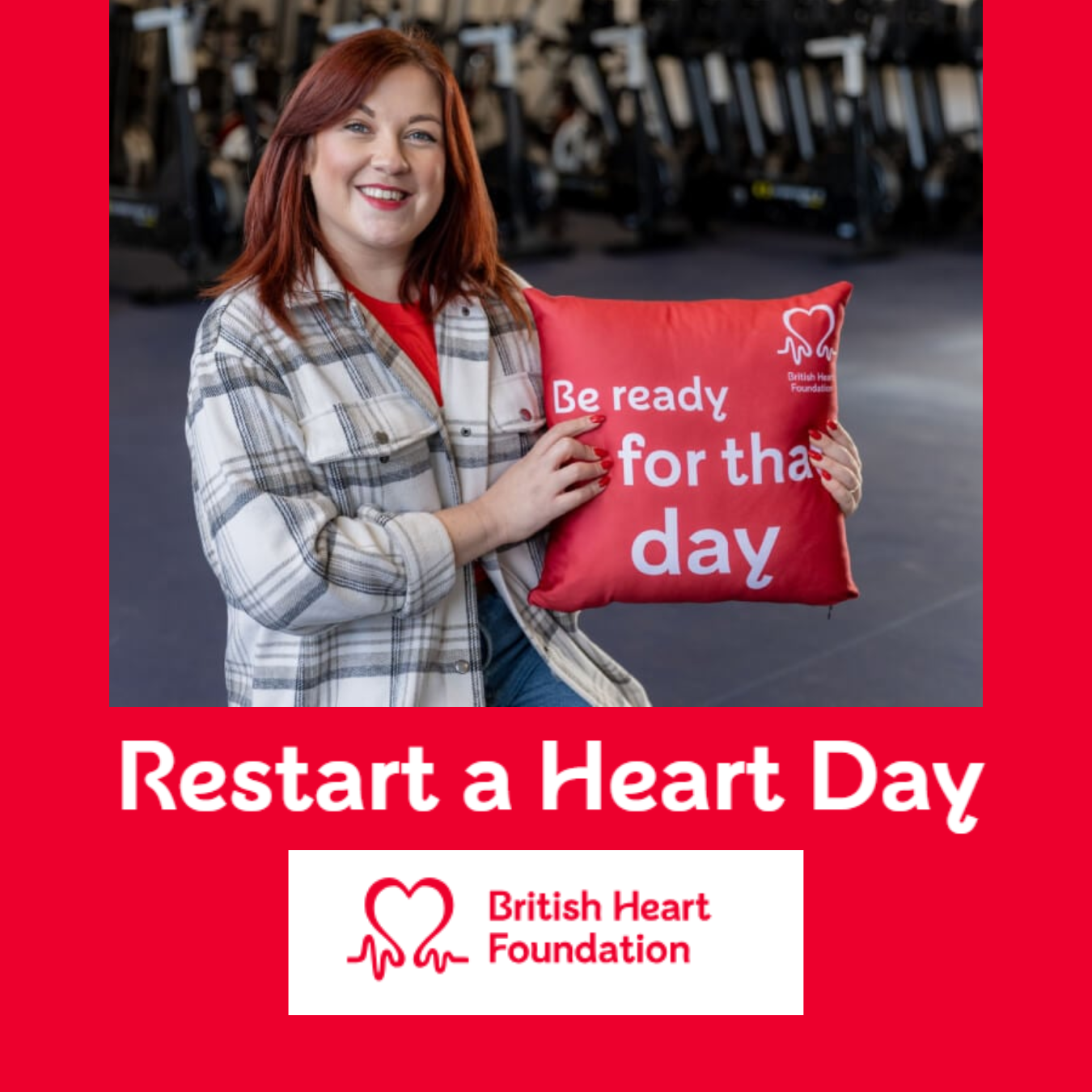Restart a Heart Day is on Thursday 16 October 2025. It helps to raise awareness of cardiac arrest and supports people to learn CPR, giving them the skills and confidence needed to save a life.
Restart a Heart Day takes place on and around 16 October each year to raise awareness of cardiac arrest and the importance of learning CPR.
The initiative is led by Resuscitation Council UK, supported by British Heart Foundation, British Red Cross, St John Ambulance, the Association of Ambulance Chief Executives, NHS England, Save a Life for Scotland, Save a Life Cymru, and Northern Ireland Ambulance.
The chances of surviving a cardiac arrest are significantly increased if a defibrillator is used. For every minute without CPR and defibrillation, the chance of survival reduces by up to 10%.
Comprehensive guidance on Automated External Defibrillators (AEDs) in North Ayrshire is now available for all colleagues via Connects.
All staff are asked to familiarise themselves with this guidance, which covers:
- Recognising the signs of sudden cardiac arrest
- Locations of AEDs across council sites
- Step-by-step instructions for using an AED in an emergency
- AED weekly checks and evidence logs
- Access to further training and support
An updated streamlined, weekly checklist and log is also provided to support designated staff in carrying out regular AED checks and maintaining accurate records.
This process is essential for ensuring that AEDs remain in full working order and emergency ready.
In addition, AED checks will shortly be included in the workplace six-monthly inspection checklist to further strengthen ongoing compliance and safety standards.
This initiative reflects an ongoing commitment to raising awareness of sudden cardiac arrest and ensuring that everyone has the knowledge, tools, and confidence to respond effectively in an emergency situation.
Early action with CPR and an AED can be life-saving, and all staff are encouraged to feel prepared to assist if needed.
Please take time to review the updated comprehensive guidance and checklist, ask questions and participate in any additional training opportunities.
Staying informed and engaged helps create a safer environment for everyone.


